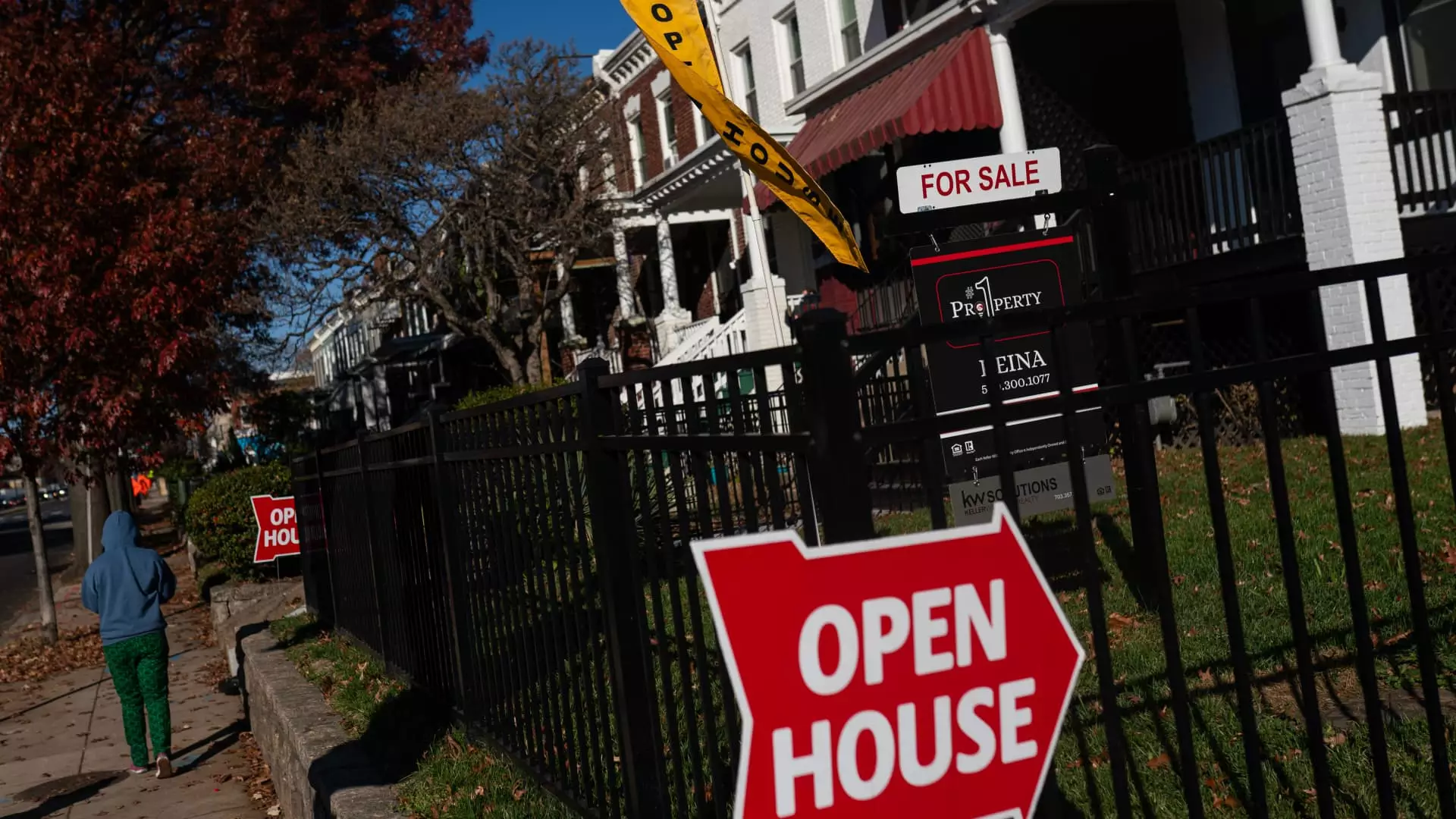At the tender age of eight, Wes Moore faced a pivotal moment in his life, one that intertwined his aspirations with family sacrifices. When his mother expressed her intent to send him to military school—a drastic measure in her eyes to correct his behavior—little did he know that this act of discipline would ultimately transform his life. By the time he turned thirteen, the decision was made. Yet, the path was fraught with challenges; he famously attempted to escape five times in just four days. Reflecting on this experience at a recent BlackRock conference, Moore conveyed how that military institution guided him from adversity to achievement. His poignant recollection underscores a deeper statement about the foundational significance of home and stability in a person’s life.
However, the true enabler of Moore’s education journey was not just his mother’s resolve; it was his grandparents’ sacrifice. They leveraged their American dream, borrowing against their modest home to finance the cost of Moore’s military tuition. This act of selflessness shines a light on the generational struggles many families face in America. The notion of home ownership, as Moore asserts, extends beyond mere shelter. It embodies security, an investment, and a vital asset to be passed down through generations. Yet, this dream is increasingly elusive for many aspiring homebuyers today.
The Homeownership Crisis: A Generational Divide
As the modern American landscape evolves, many young adults find themselves grappling with the chilling reality that home ownership feels distant, almost like a mirage. Moore noted that a startling 30% of young residents in Maryland contemplate leaving the state due to staggering housing costs. The economic pressure is palpable; it echoes across the U.S. where an alarming percentage of renters are now deemed “cost-burdened,” spending over 30% of their income on housing—a statistic that reached an all-time high in 2022.
The situation for potential homebuyers is even grimmer. Reports reveal a dramatic increase in median home prices that have outpaced income growth since 1980. For the critical age group of 35 to 44, a concerning trend emerges: homeownership rates have plummeted by more than 10%. This demographic is not only the backbone of economic stability but also of wealth accumulation through home equity—a critical element in fostering long-term financial health.
A Discouraging Reality: The Influences of Income and Race
The disparity in homeownership rates spans beyond mere economic classification; it intersects with marital status and education, thereby widening the gap further. Research reveals that individuals in lower-income brackets face steeper declines in homeownership, exacerbated by the fact that married couples are significantly more likely to own homes. The connection between education and homeownership is also troubling. As fewer heads of households from low-income backgrounds attain college degrees, their chances of breaking the cycle of renting diminish further.
Furthermore, a racial divide persists in homeownership statistics that is both shocking and jolting. Recent data from the National Association of Realtors highlights that while the Black homeownership rate saw incremental improvement, it remained at a scant 44.7% compared to the white homeownership rate of 72.4%. This bleak reality starkly demonstrates that systemic barriers are still in play, stunting opportunities for wealth accumulation among marginalized communities.
Seeking Solutions: Policy Change and Community Focus
While the problem looms large, actionable solutions do exist. If we wish to bridge the widening chasm of homeownership, policy changes are crucial. There is an urgent need for innovative initiatives that cater to low-income households. Providing educational resources, championing down payment assistance programs, and promoting housing development by reducing restrictive zoning laws can change the game.
In a society where homeownership is synonymous with prosperity, inaction is not an option. The sacrifices made by families like Moore’s should serve as a beacon of hope, propelling us toward reform that prioritizes accessibility and equity in housing. As the conversation about retirement security and wealth generation unfolds, complicity in the current status quo should not be tolerated. In a landscape marked by escalating inequality, we must be the advocates for cultural change; after all, in a country defined by its diversity, equity in homeownership is not just a dream—it should be a right.

